Brian Auger With Julie Driscoll And The Trinity - Open (Japan Remastered, SHM-CD) (1967/2013)
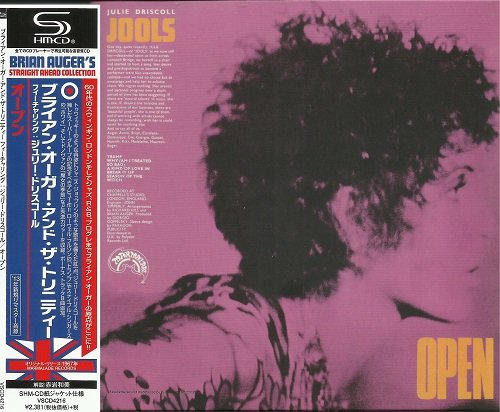
Artist: Brian Auger With Julie Driscoll And The Trinity
Title: Open
Year Of Release: 1967/2013
Label: Vivid Sound
Genre: Prog-Rock, Jazz-Rock, Psychedelic Rock
Quality: Mp3 320 / Flac (image, .cue, log)
Total Time: 01:13:30
Total Size: 220/447 Mb (scans)
WebSite: Album Preview
Title: Open
Year Of Release: 1967/2013
Label: Vivid Sound
Genre: Prog-Rock, Jazz-Rock, Psychedelic Rock
Quality: Mp3 320 / Flac (image, .cue, log)
Total Time: 01:13:30
Total Size: 220/447 Mb (scans)
WebSite: Album Preview
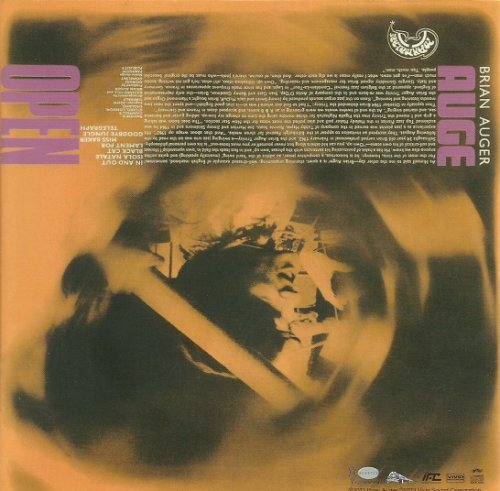
Tracklist:
1. In And Out (Wes Montgomery) - 3:20
2. Isola Natale - 5:14
3. Black Cat - 3:23
4. Lament For Miss Baker - 2:38
5. Goodbye Jungle Telegraph - 6:19
6. Tramp (Jimmy McCracklin, Lowell Fulsom) - 4:15
7. Why (Am I Treated So Bad) (Mavis Staples) - 3:33
8. A Kind Of Love In (Brian Auger, Julie Driscoll) - 2:34
9. Breal It Up - 3:02
10. Season Of The Witch (Donovan) - 8:02
11. I've Got Go Now (Felix Pappalardi) - 4:11
12. Inside Of Him - 4:05
13. Save Me (A. Franklin, C. Franklin, C. Ousley) - 4:02
14. I Am Lonesome Hobo (Bob Dylan) - 4:04
15. This Wheel's On Fire (Bob Dylan, Rick Danko) - 3:33
16. I Don't Know Where You Are - 2:18
17. Road To Cairo (David Ackles) - 5:15
18. Shadow Of You (Brian Auger, Julie Driscoll) - 3:38
Brian Auger began his life in music as a child when he started playing keyboards. During his childhood, Auger began to hear jazz music through the American Armed Forces Network and his older brother’s record collection. Auger started playing piano in clubs in his teen years, and in 1962, he formed the Brian Auger Trio. The Trio was Brian, Rick Laird (bass) and Phil Knorra (drums). In 1964, Auger received the award for “New Star” and “Jazz Piano” in the reader’s poll of Melody Maker. That same year, the trio would leave jazz music, and focus more on R&B type music. At this time, Auger expanded the band to include John McLaughlin (guitar) and Glen Hughes (baritone saxophone). Renamed the Brian Auger Trinity, the band would split up at the end of 1964.
By the middle of 1965, Auger’s band had grown. Now included were Vic Briggs (guitar) and vocalists Long John Baldry, Rod Stewart, and Julie Driscoll. The band renamed themselves Steampacket. The band lasted a year before Stewart and Baldry left. Sticking with Driscoll, Auger brought in Dave Ambrose (bass) and Clive Thacker (drums). This lineup would call themselves Julie Driscoll, Brian Auger and the Trinity. Their first album, Open, was released in 1967 on the Marmalade Records label. The album attracted next to no attention, and it wasn’t until the release of their first single, “This Wheel’s On Fire”, in 1968, that they became recognized. “This Wheel’s On Fire” was written by Bob Dylan and Rick Danco, and was released before the Band released the song on their album Music From Big Pink. Auger’s version reached the top five in the U.K., at which point saw Open crack the charts. Auger the Trinity went on to record the instrumental album Definitely What! in 1968 without Driscoll, who was brought back for the double album Street Noise later that year. This album reached the charts in America, thanks to the release of the singles compilation Jools & Brian, which gave them exposure across the ocean in 1969. During the band’s U.S. tour, Driscoll quit the band. The Trinity stuck around long enough to record 1970’s Befour album before disbanding in July of that year.
Upon the initial breakup of the Brian Auger Trinity, Auger switched over to Hammond B-3 organ and teamed up with Rick Brown (bass) and Mickey Waller (drums). A few singles were recorded, followed by his first album. The session was organized to spotlight blues singer Sonny Boy Williamson. Auger’s group also featured Joe Harriot (saxophone), Alan Skidmore (saxophone) and Jimmy Page (guitar). The album was called Don’t Send Me No Flowers, and was released in 1968.
After the demise of the Trinity, Auger put together another band, one that played less commercial jazz-rock. The band was called the Oblivion Express, since Auger did not think that the band would last. It turns out that the Oblivion Express would in fact last, and several albums were released under this name.
By the middle of 1965, Auger’s band had grown. Now included were Vic Briggs (guitar) and vocalists Long John Baldry, Rod Stewart, and Julie Driscoll. The band renamed themselves Steampacket. The band lasted a year before Stewart and Baldry left. Sticking with Driscoll, Auger brought in Dave Ambrose (bass) and Clive Thacker (drums). This lineup would call themselves Julie Driscoll, Brian Auger and the Trinity. Their first album, Open, was released in 1967 on the Marmalade Records label. The album attracted next to no attention, and it wasn’t until the release of their first single, “This Wheel’s On Fire”, in 1968, that they became recognized. “This Wheel’s On Fire” was written by Bob Dylan and Rick Danco, and was released before the Band released the song on their album Music From Big Pink. Auger’s version reached the top five in the U.K., at which point saw Open crack the charts. Auger the Trinity went on to record the instrumental album Definitely What! in 1968 without Driscoll, who was brought back for the double album Street Noise later that year. This album reached the charts in America, thanks to the release of the singles compilation Jools & Brian, which gave them exposure across the ocean in 1969. During the band’s U.S. tour, Driscoll quit the band. The Trinity stuck around long enough to record 1970’s Befour album before disbanding in July of that year.
Upon the initial breakup of the Brian Auger Trinity, Auger switched over to Hammond B-3 organ and teamed up with Rick Brown (bass) and Mickey Waller (drums). A few singles were recorded, followed by his first album. The session was organized to spotlight blues singer Sonny Boy Williamson. Auger’s group also featured Joe Harriot (saxophone), Alan Skidmore (saxophone) and Jimmy Page (guitar). The album was called Don’t Send Me No Flowers, and was released in 1968.
After the demise of the Trinity, Auger put together another band, one that played less commercial jazz-rock. The band was called the Oblivion Express, since Auger did not think that the band would last. It turns out that the Oblivion Express would in fact last, and several albums were released under this name.
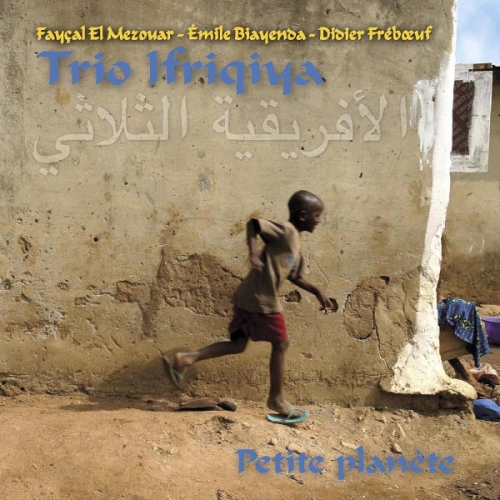
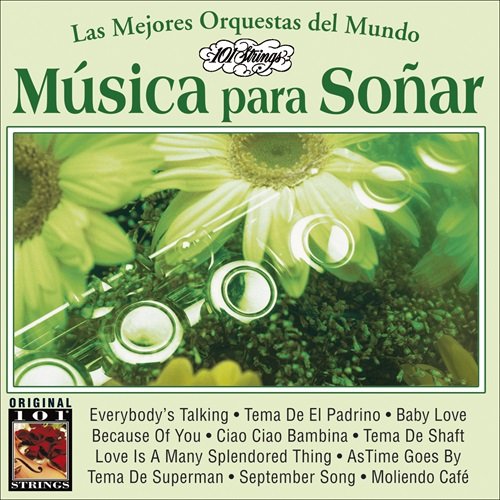
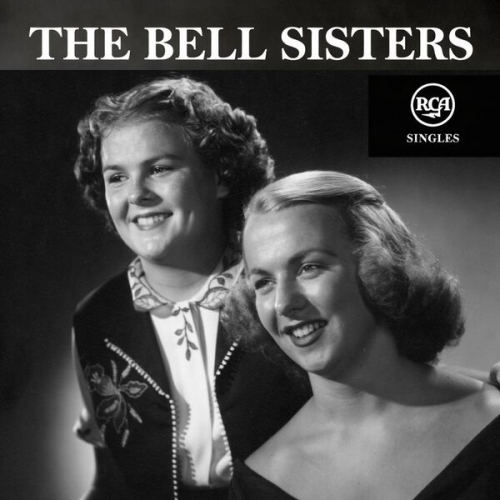
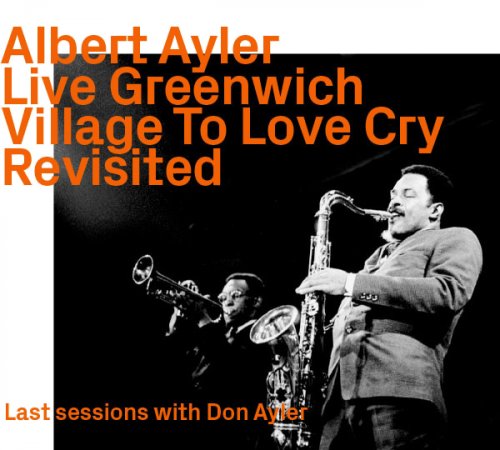
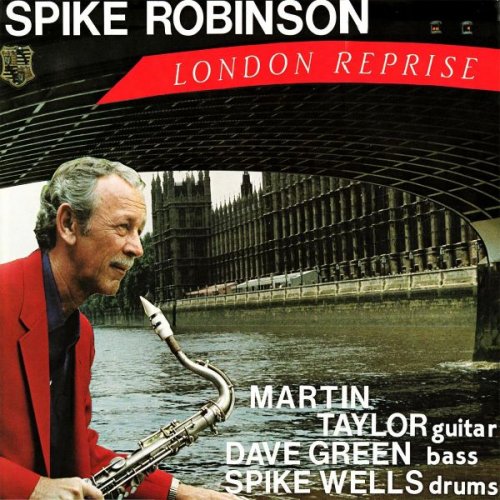
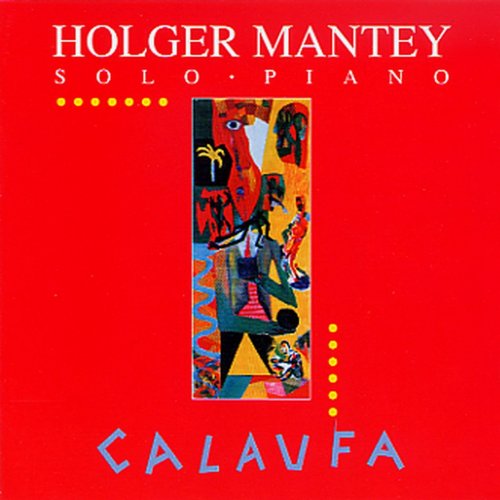
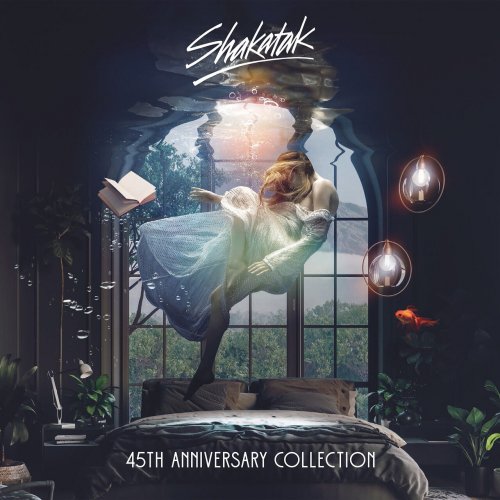

![Mammal Hands - Becoming (2018) [Hi-Res] Mammal Hands - Becoming (2018) [Hi-Res]](https://www.dibpic.com/uploads/posts/2023-01/1673772235_cover.jpg)